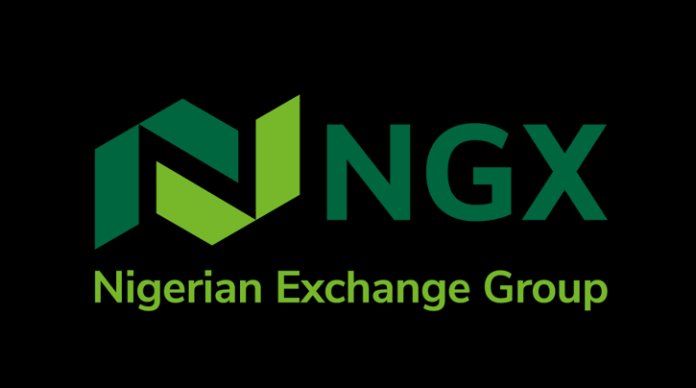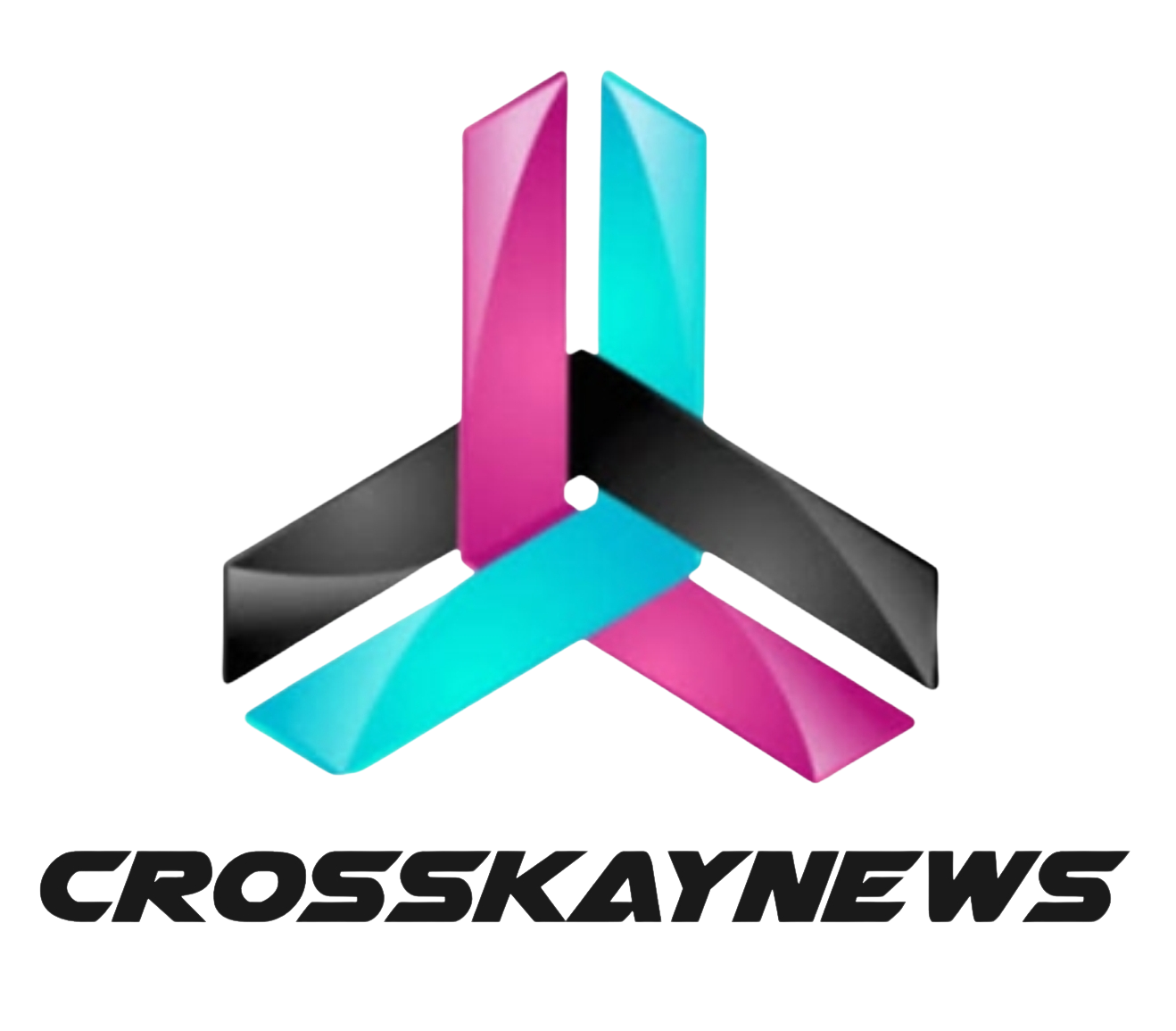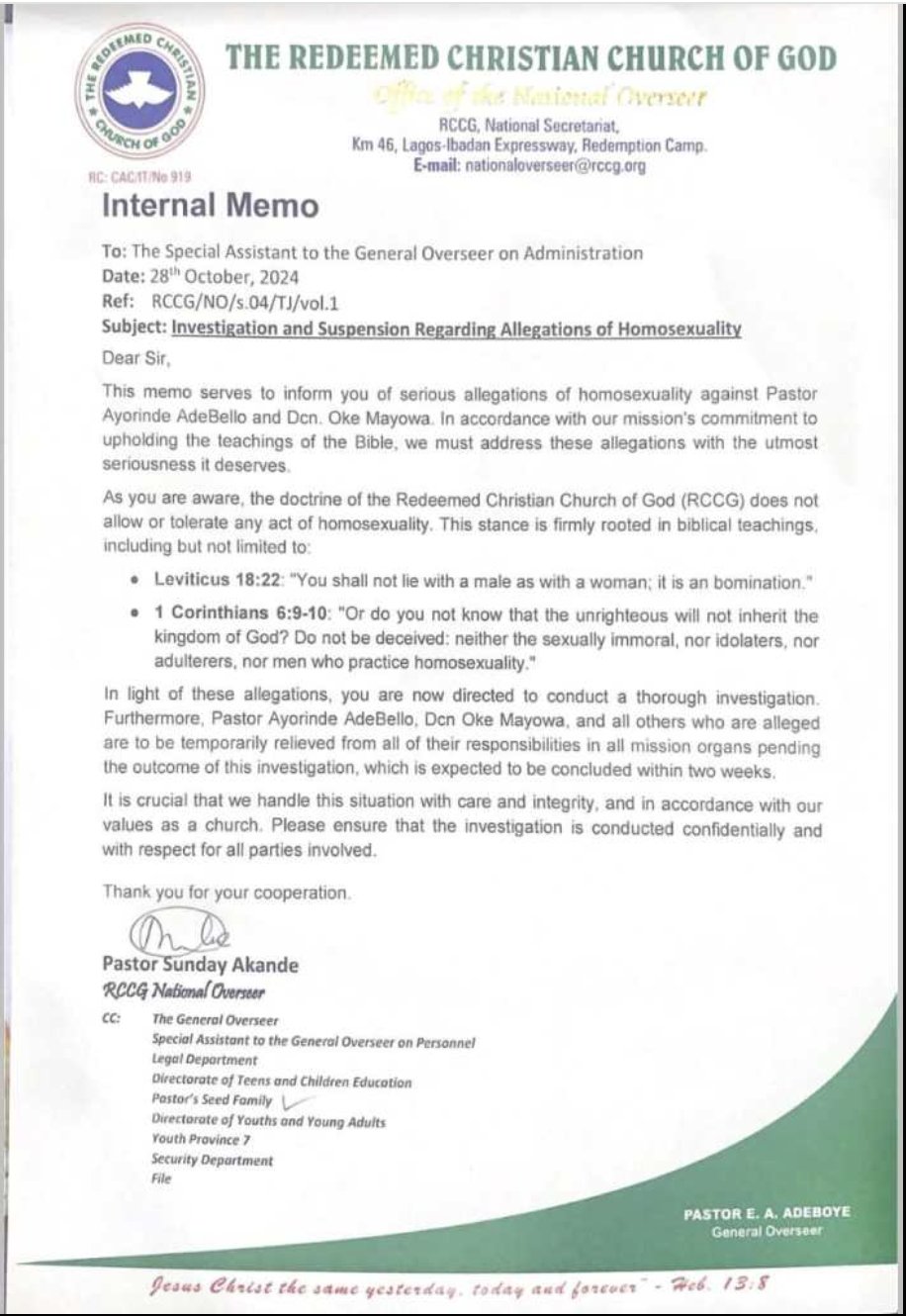
According to their audited financial statements for 2022, the top ten commercial banks listed on the Nigerian Exchange Limited (NGX) paid N260.3 billion as Company Income Tax (CIT), which reflects a 28 percent rise from the N203.06 billion they paid in 2021.
Access Bank, GTBank, UBA, and Zenith Bank paid N14.7 billion, N44.9 billion, N30.6 billion, and N60.7 billion in CIT, respectively. Additionally, Ecobank paid N79.88 billion, Stanbic IBTC paid N19.5 billion, Union Bank paid N1.6 billion, Fidelity Bank paid N6.9 billion, Sterling Bank paid N1.4 billion, and Unity Bank paid N117.2 million in CIT.
The rise in CIT can be attributed to a 7.11% YoY increase in the combined profit after tax (PAT) of the banks, which climbed from N989.6 billion in 2021 to N1.06 trillion in 2022. Despite this, certain banks saw a decline in their YoY PAT.
Moreover, the banks' CIT payments accounted for 10.7% of the total CIT generated for the Federation Account in 2022.
Data from the Nigeria Bureau of Statistics revealed that the total CIT collections increased from N1.67 trillion in 2021 to N2.8 trillion in 2022, marking a 68% rise. Nonetheless, analysts observed that the country's tax-to-Gross Domestic Product (GDP) ratio remains low, especially considering the Federal government's significant deficit spending.
In response to the rise in CIT collections, analysts at FBNQuest Securities Limited stated that while the improvement in tax administration and collection efficiency is praiseworthy, Nigeria's tax revenue-to-GDP ratio remains low, particularly when compared to sub-Saharan African counterparts.
Nigeria's non-oil revenue, which accounts for less than 5% of GDP, contrasts unfavorably with the comparable tax revenue-to-GDP ratios of South Africa, Kenya, and Ghana, which are approximately 23%, 14%, and 11%, respectively.
In the future, we anticipate that the new administration will expand non-oil-related taxes by broadening the tax base and enhancing collection efficiency.









Leave a comment